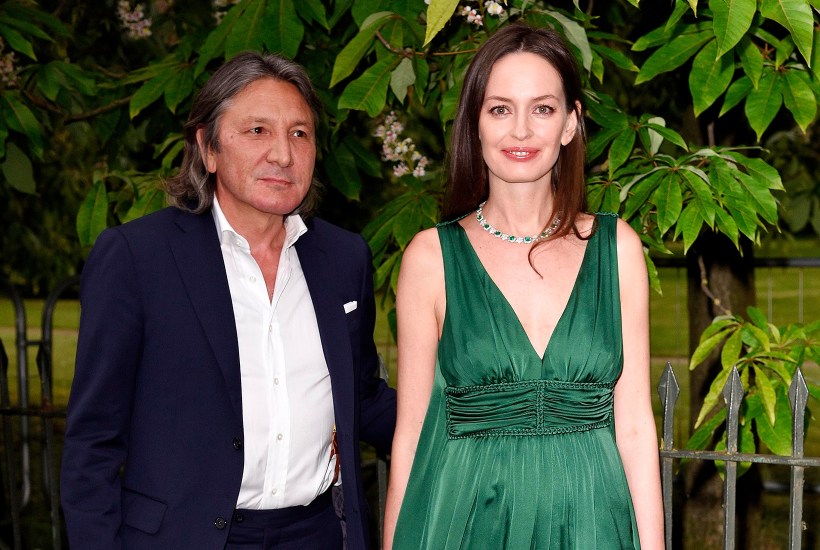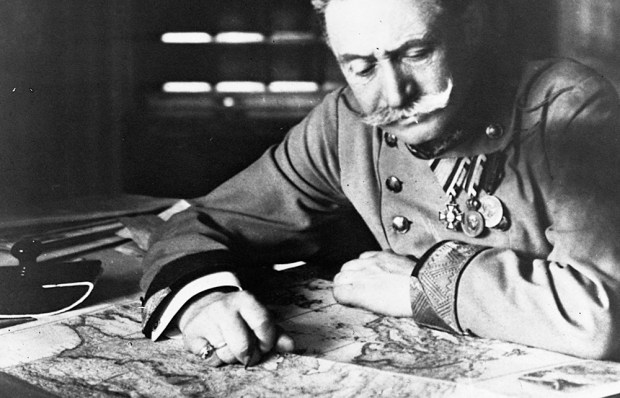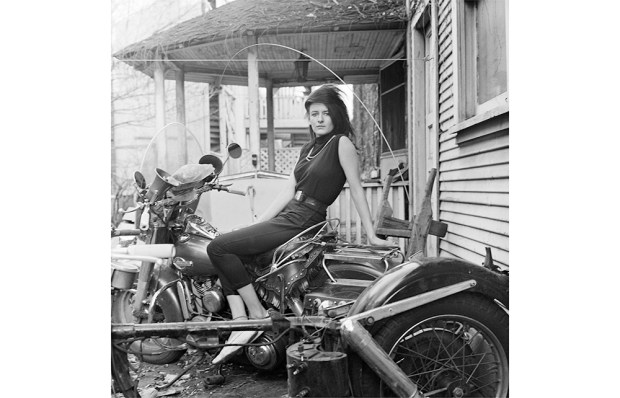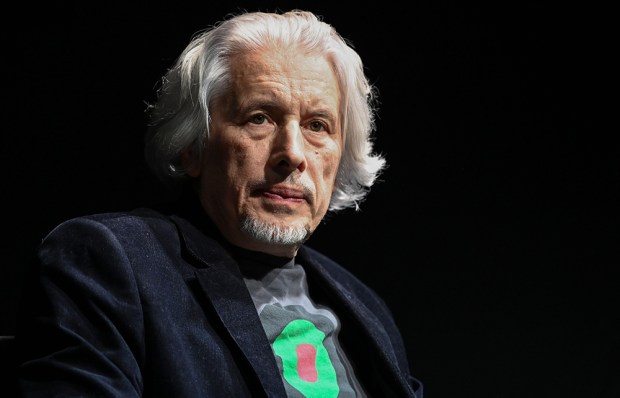‘Beauty is pain,’ the model Gigi Hadid asserts. She’s one of the successful, rich people quizzed by William Leith in The Trick: Why Some People Can Make Money and Other People Can’t. We all know a few of the tricks of getting rich. You start by avoiding noble, important professions that benefit everyone but pay poorly: primary school teacher, nurse, book reviewer. Those of my friends and family who’ve made money (although none has made it to rich) went into banking and business. Those who haven’t went into teaching, academic research and museum curating. That much is obvious. Has Leith unearthed a magic formula?
His book is part Hunter S. Thompson, part Montaigne: a blend of gonzo journalism and rambling reflection interspersed with learned references. In this marriage of memoir and essay, Leith is a sort of stoner Marx contemplating money — which is ‘weird’. He argues it isn’t real, but is, ‘because we think it’s real’. I don’t get the impression he’s done any profound research into the nature of money, unlike Marx — most crypto-currency advocates have more to say on that subject. What he has done as a journalist is to conduct lots of interviews with the rich over the years.
The Trick is a hodge-podge of these meetings, with great (astonishingly great) detail about Leith’s travels to and from them, his own financial woes and anxieties and the messy state of his home. The bulk of the book comprises interviews with Jordan Belfort (the Wolf of Wall Street), the publisher Felix Dennis, the successful financier and guru Nassim Taleb, the designer Leon Max and the former Northern Rock supremo Matt Ridley.
Leith certainly has a knack for grilling people, but he has just reheated these five old interviews. He’s sliced them finely first, mixed them up and added some spicy wit and unexpected ingredients (there are asides on a wide range of subjects, from evolutionary biology to the film Pretty Woman). There’s a charm to all this, as he ricochets from one interviewee to another, and many of the digressions are entertaining. It’s the work of a pro; but while The Trick is only 208 pages long, I wished that he’d been more ruthless and cut some of the meandering to produce a thinner, faster book.
So what do we learn? There’s a cameo for the familiar moral that money can’t make you happy. Jordan Belfort’s millions only made him greedier — a greed that led him to crime and his downfall. Felix Dennis wished he’d turned to poetry in his twenties. But Leon Max actually seems quite content with his estate and beautiful wife.
Nassim Taleb made a fortune on the markets and has now turned into a thinker, with bestselling books such as The Black Swan and Antifragile This is another common trait of the very rich. Once you’ve got your filthy lucre, and you’re bored with it, you want a new pastime — dare-devilry for Richard Branson, messiahdom for Bill Gates. Taleb has more interesting ideas than another would-be philosopher, George Soros, but just because you’re good at poker that doesn’t mean you’re Plato. Simplifying Taleb crudely, his arguments are that there are always didn’t-see-it-coming shocks (black swans) and that to succeed you often need to fail (skin in the game).
In the didn’t-see-it coming section, we get Bertrand Russell’s famous quote (‘The man who has fed the chicken every day throughout its life at last wrings its neck…’) and a charity tennis match between the Wimbledon winner Michael Stich and the former Olympic table tennis player Matthew Syed. The hard-serving Stich predictably aced Syed point after point. Syed found it hard to believe that he, an Olympic athlete, couldn’t so much as react because he didn’t even see the ball as it zoomed past him. He was so infuriated and perplexed he consulted a professor of motor behaviour, who demonstrated that Syed had been looking in the wrong place. Professional tennis players watch their opponents’ hips, not the serving arm.
Matt Ridley is the odd man out here, since he didn’t make money. He lost it big time. Viscount Ridley was the chairman of the bank Northern Rock when it failed, probably because he was busy thinking about grouse.
Leith’s conclusion? To score megawealth you need to be clever and hard-working, very hard-working, and have the ability to wolf down failure and get rid of it. That’s the starting-point, of course. But luck isn’t given its due here. Or the fact that there can’t be prizes for all, if prizes mean something. Take the Booker. Almost all the writers who’ve won it are clever and determined. But there are many more clever and determined writers who haven’t.
Got something to add? Join the discussion and comment below.
Get 10 issues for just $10
Subscribe to The Spectator Australia today for the next 10 magazine issues, plus full online access, for just $10.
You might disagree with half of it, but you’ll enjoy reading all of it. Try your first month for free, then just $2 a week for the remainder of your first year.














Comments
Don't miss out
Join the conversation with other Spectator Australia readers. Subscribe to leave a comment.
SUBSCRIBEAlready a subscriber? Log in